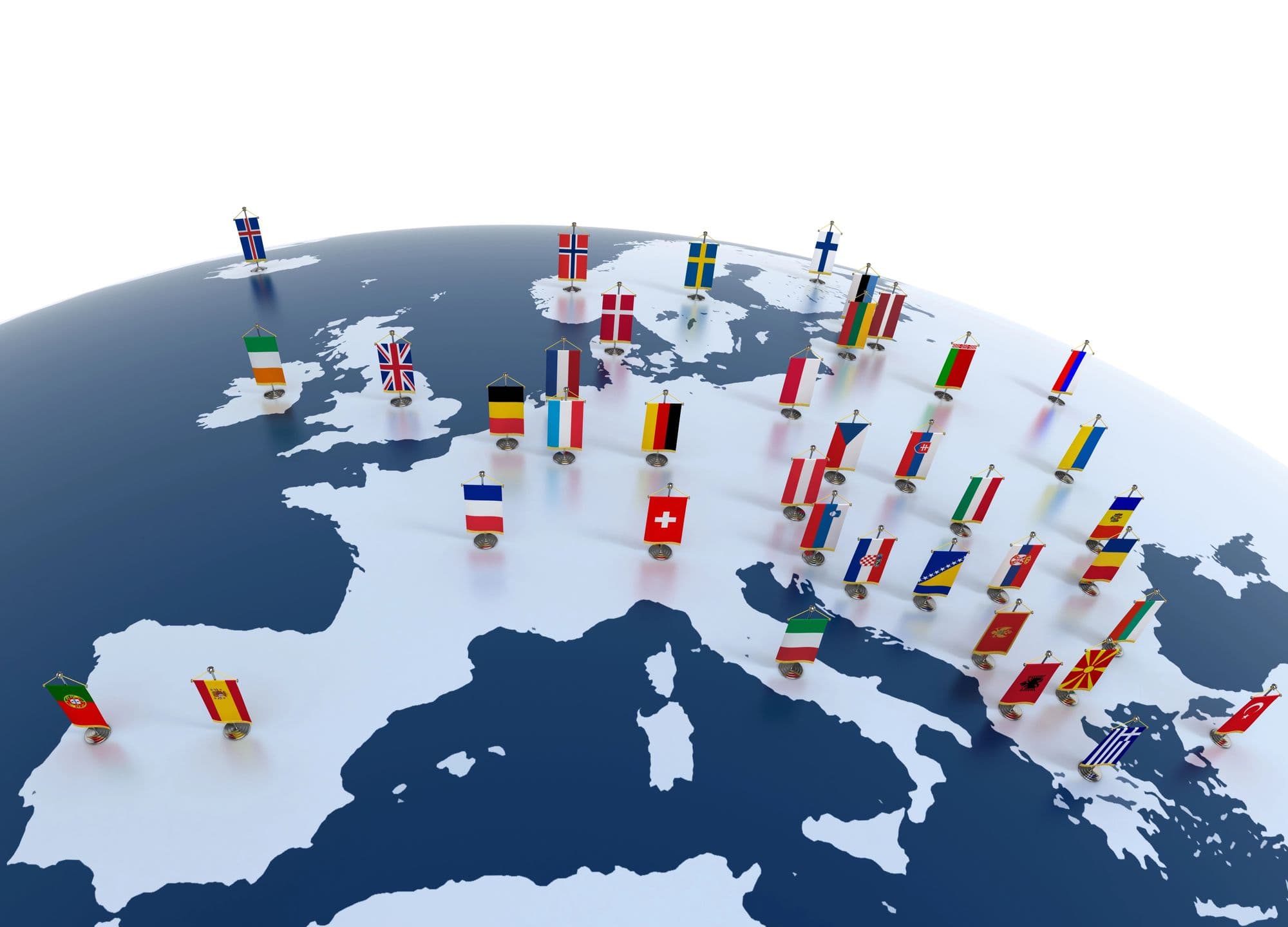Industries
In Vitro Diagnostics
Before introducing in-vitro diagnostic products to the EU market, ensure they comply with EU regulations for 'in-vitro diagnostics.' Non-EU manufacturers must appoint an Authorized Representative under IVDR for market access and compliance. Engaging the services of a European Authorized Representative (EC REP) for EEA member states is a mandatory step in compliance with the European Medical Device Regulations, specifically the In Vitro Diagnostic Medical Device Regulation (IVDR (EU) 2017/746). This ensures alignment with key aspects of the CE marking criteria.

Article 11 - Authorised Representative
- Where the manufacturer of a device is not established in a Member State, the device may only be placed on the Union market if the manufacturer designates a sole authorised representative.
- The designation shall constitute the authorised representative’s mandate. It shall be valid only when accepted in writing by the authorised representative and shall be effective at least for all devices of the same generic device group.
- The authorised representative shall perform the tasks specified in the mandate agreed between it and the manufacturer. The authorised representative shall provide a copy of the mandate to the competent authority, upon request.
The mandate shall require, and the manufacturer shall enable, the authorised representative to perform at least the following tasks in relation to the devices that it covers.

Target Markets Your IVD Can Enter with MedNet EC-REP
In Europe, the regulation of in vitro diagnostics is divided into three key regions. Each of them defines the relevant regulations and processes for market access. Discover the specific regulations applicable to your target market and learn how MedNet can assist you in achieving quick and effortless market entry.

European Union
In Vitro Diagnostics in the European Union as well as in Northern Ireland are regulated by Regulation (EU) 2017/746 (IVDR). According to this, non-EU manufacturers must appoint a European Authorized Representative (EC-REP) to place IVD on the EU member states or on the Northern Ireland market. MedNet EC-REP, based in Germany, is your first point of contact with local authorities and handle your products registration in the relevant member state database.
Great Britain
Since Brexit, the British market (England, Scotland and Wales) is no longer part of the EU and is governed by the local legislation UK MDR 2002. Non-British manufacturers are allowed to place their In Vitro Diagnostics (IVDs) on the British market, they need to appoint a UK Responsible Person (UK RP) as their local legal representative. MedNet EC-REP as your UK Responsible Person is based in Great Britain and knows the local regulations and current transitional requirements in the UK. Furthermore we register your products in the British Medicines and Healthcare Regulatory Agency (MHRA) database.
Switzerland
As not being a EU member and due to the expired Mutual Recognition Agreement (MRA) between the EU and Switzerland, IVDs are regulated by local Swiss regulations. The IvDO requires non-Swiss manufacturers to appoint a Swiss Authorized Representative (CH-REP) to get access to the Swiss market and being able to register their IVD with the local authority Swissmedic. MedNet as your CH-REP guides you through the Swiss regulatory landscape.
Watch the Video: Appointing an Authorized Representative (EC-REP) for Medical Devices and IVD`s
Discover how MedNet EC-REP GmbH simplifies EU compliance for medical device and IVD manufacturers with authorized representative and seamless registration services.
Get in Touch
Our cross-cultural team of scientists and engineers is well equipped to understand your needs.
Let us know your requirements and we will be at your service.
Frequently asked Questions
The In Vitro Diagnostic Medical Devices Regulation (IVDR) is a set of regulations established by the European Union (EU) to ensure the safety, reliability, and performance of in vitro diagnostic medical devices (IVDs) within the European market.
The IVDR aims to enhance the quality, safety, and effectiveness of in vitro diagnostic medical devices by implementing stricter regulations for their manufacture, distribution, and use. It also seeks to strengthen the monitoring of these devices throughout their lifecycle.
The IVDR applies to all manufacturers, authorized representatives, importers, and distributors of in vitro diagnostic medical devices intended for the European market.
Manufacturers must ensure that their products comply with the new regulatory requirements outlined in the IVDR. This may involve conducting additional clinical studies, updating technical documentation, and implementing quality management systems that meet the specified standards.
Authorized representatives, importers, and distributors are also affected by the IVDR as they have specific obligations regarding the conformity assessment, labeling, and post-market surveillance of in vitro diagnostic medical devices.
To ensure compliance with the IVDR, companies should:
- Familiarize themselves with the requirements of the regulation
- Conduct a thorough assessment of their products and processes
- Implement necessary changes to meet regulatory standards
- Maintain accurate documentation and records
- Stay informed about updates and changes to the regulation